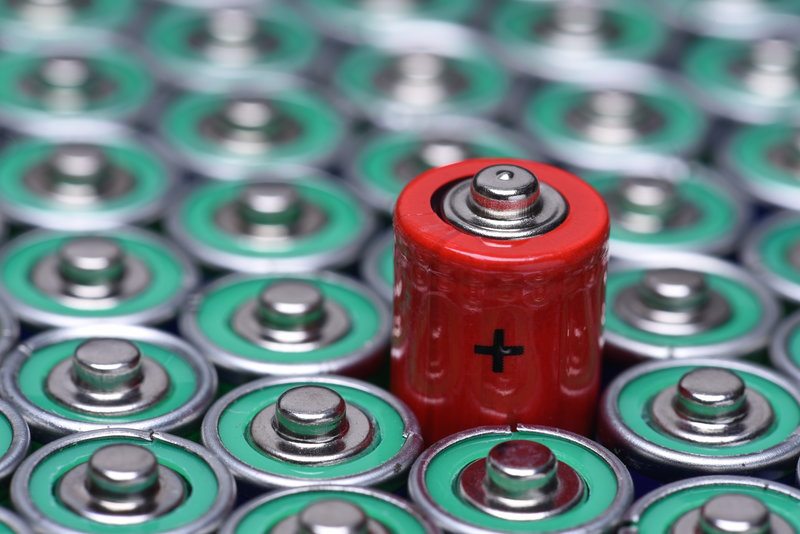A bill that had the potential to do away with North Carolina’s e-scrap program was revised before passing.

A bill that had the potential to do away with North Carolina’s e-scrap program was revised before passing.
A bill that’s passed through North Carolina’s Senate would repeal the state’s electronics recycling program.
Want evidence of how difficult it is to craft effective statewide laws for the rapidly evolving e-scrap landscape? Just look to New Jersey and the collection quagmire that’s unfolded there.
A handful of Congress members are taking another stab at better controlling the stream of e-scrap being exported out of the U.S. to developing countries. The measure has the support of some large electronic manufacturers and environmental groups, but one recycling trade organization remains skeptical.
 A data-erasure company says far too many used drives are not properly wiped, and a law firm pursues a class-action lawsuit against beleaguered processor Total Reclaim.
A data-erasure company says far too many used drives are not properly wiped, and a law firm pursues a class-action lawsuit against beleaguered processor Total Reclaim.
 Minnesota made significant changes to its e-scrap program. However, its neighbor Wisconsin failed to pass major updates. Those are just two notes in our look at six action-packed months in state-level policy.
Minnesota made significant changes to its e-scrap program. However, its neighbor Wisconsin failed to pass major updates. Those are just two notes in our look at six action-packed months in state-level policy.
 Recycling of CRT panel glass becomes easier in California, and researchers are looking for the industry’s help in an analysis of facility safety.
Recycling of CRT panel glass becomes easier in California, and researchers are looking for the industry’s help in an analysis of facility safety.
Even though it has made significant environmental health and safety improvements over the last several years, persistent complaints regarding UNICOR’s e-scrap processing operations have now prompted new federal legislation targeting the company.
 It has been six months since Call2Recycle launched the nation’s first extended producer responsibility program for single-use batteries in Vermont, and Carl Smith, CEO and president of Call2Recycle, is pleased with how it’s going.
It has been six months since Call2Recycle launched the nation’s first extended producer responsibility program for single-use batteries in Vermont, and Carl Smith, CEO and president of Call2Recycle, is pleased with how it’s going.
 The New Jersey Department of Environmental Protection (DEP) suggested several amendments to an e-scrap reform bill that would hand greater program control to manufacturers. The state’s recycling community said it objected to the changes.
The New Jersey Department of Environmental Protection (DEP) suggested several amendments to an e-scrap reform bill that would hand greater program control to manufacturers. The state’s recycling community said it objected to the changes.
